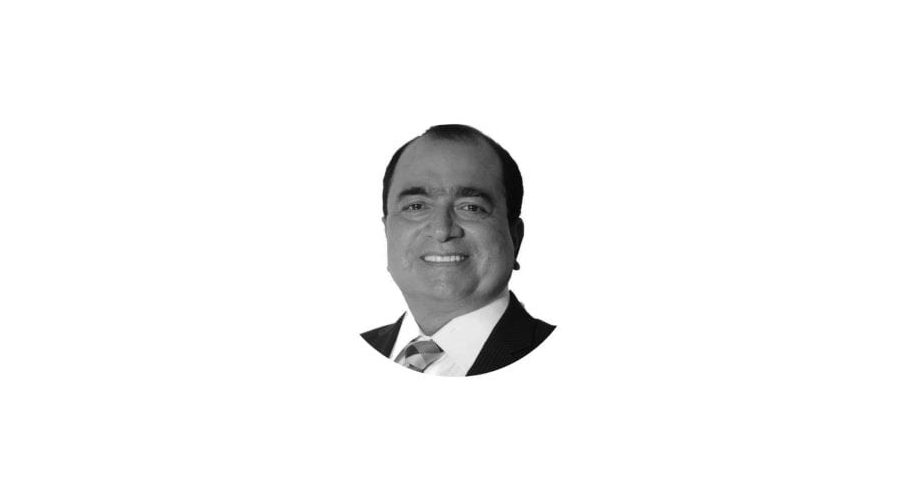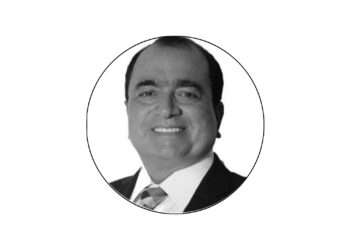Two decades after the rise of Islamophoia in the US power corridors, this year November 8 midterm election results show that Muslim Americans are no longer on the fringe of the US politics. First time in US history a leading political party nominated Dr. Mehmet Oz, the Republican TV doctor-turned-politician, for the seat of senator in Pennsylvania. Though he lost to Democrat John Fetterman but otherwise it was a record-breaking election for the community of at least 3.45 million people.
Muslim Americans won at least 83 seats across local, state, and federal midterm elections this November. The Time magazine reported quoting the analysis by the Council on American-Islamic Relations (CAIR), a civil rights and advocacy group, and Jetpac, a nonprofit focused on increasing Muslim political representation in the U.S.
“Almost 150 Muslim Americans had run this year for office, including 51 state legislative candidates across 23 states. This year’s wins surpass the prior record of 71 that CAIR and Jetpac counted in 2020; they have been tracking this data for the last six years,” Time magazine reported.
The 9/11 (2001) “attacks” on the United States ushered in a new era of hate crimes, racism, and xenophobia against Muslims. For Muslim Americans, the post-September 11 ramifications of Islamophobia continue as the US marked the 21st anniversary of the 9/11 incident. According to FBI statistics, hate crimes against Muslims in the United States skyrocketed immediately after September 11, 2001, and are still on an upward trend.
“Muslims continue to be the target of hate, bullying, and discrimination as a result of the stereotypes that were perpetuated by Islamophobes and the media in the years following the 9/11 attacks,” said Hussam Ayloush, executive director of the Los Angeles chapter of the Council on American-Islamic Relations in his statement in September this year.
Ironically, Muslim Americans continue to face the threat of targeted violence even 21 years after a storm of hate in 2001. The unfortunate reality is there are people and organisations that have been benefiting from perpetuating Islamophobia, bigotry, and war. Former President Donald Trump’s America First was based on his “no Muslims in the US” which surprisingly turned the US political climate highly volatile. His Twitter account has now been permanently suspended, but the damage is irreparable to what he has done to the US moderate society and bipolar politics. The recent US elections reflect that Trump’s slogan has been counterproductive.
The rise of Muslim Americans in the US politics is the total negation of Islamophobia – which is defined as the dislike of, or prejudice against, Islam or Muslims – remains predominantly a prevalent problem in the US.
Zahra Jamal, associate director of Rice University’s Boniuk Institute for Religious Tolerance in Houston, has pointed out that “62 percent of Muslims report feeling religion-based hostility and 65 percent felt disrespected by others. That’s almost three times the percentage among Christians. Internalized Islamophobia is more prevalent among younger Muslims who have faced anti-Muslim tropes in popular culture, news, social media, political rhetoric, and in policy. This negatively impacts their self-image and mental health.”
Islamophobia in the US has been turned into a powerful tool of influence and politics. In the Western world, where anti-Islamic propaganda and manipulation reinforce the disruption of social perception, Muslims become an important tool in political disputes and power struggles. Manifestations of Islamophobia are increasing in the US, racist political groups are becoming more active, and Muslim migrants are becoming victims of discrimination and hate crimes.
Movements growing in the new ISIS-induced anti-Islamic wave are beginning to threaten the social and economic lives of Muslims in the US. This is particularly evident on the eve of the presidential election. Republican candidate Donald Trump has been trying to base his campaign on anti-Islamic rhetoric and insists on the need to keep Muslims out of the US.
His remarks encouraged Americans to commit hate crimes. Of his political opponent and fellow party member Ted Kruz, Trump claims that his candidacy does not qualify for the presidency because of his Canadian background – a clear illustration of how boldly such influential people can use xenophobia for political purposes and still find serious support in American society. This US racist and discriminatory rhetoric is therefore very likely to make it even more difficult for Muslims.
Since the 9/11 attacks and the events of the Arab Spring, Islamophobia, the seeds of which have long been sown in American society, has reached alarming proportions. The policy of occupation and war that the US authorities have pursued and are pursuing in traditionally Islamic territories under the pretext of fighting terrorism has increased anger and hatred against the Muslim world. Although the US was the first to establish a legal framework on hate crimes, legal sanctions aimed at preventing Islamophobic crimes are still ineffective.
Anticipating the situation in the world today, President Vladimir Putin said at the 2021 annual press conference that insulting the Prophet Muhammad is what? It is a violation of freedom of religion and a violation of the sacred feelings of people who practice Islam. Russia is used to fundamentally respecting the interests and traditions of another state.
This, indeed, is the fundamental basis of Russia’s existence as a multinational state. It is felt that in other countries we are witnessing a deficit of such a culture of communication. Why should we transfer this deficit, like an immunodeficiency, to our environment, to our society?
It is important to understand that profound changes are taking place in the world. Traditional values are facing serious challenges. The most complex and sensitive issues of inter-ethnic and interreligious relations are unfortunately sometimes the subject of speculation and unscrupulous geopolitical games. Extremists and radicals try to parasitize them, inciting mutual hatred and enmity. No doubt, interethnic and inter-religious peace is the basis of foundations for our big, huge country. This area needs constant attention from the authorities, civil society and the media around the world, especially in the US. The Trump-type politicians need to understand it well before it’s too late.






























